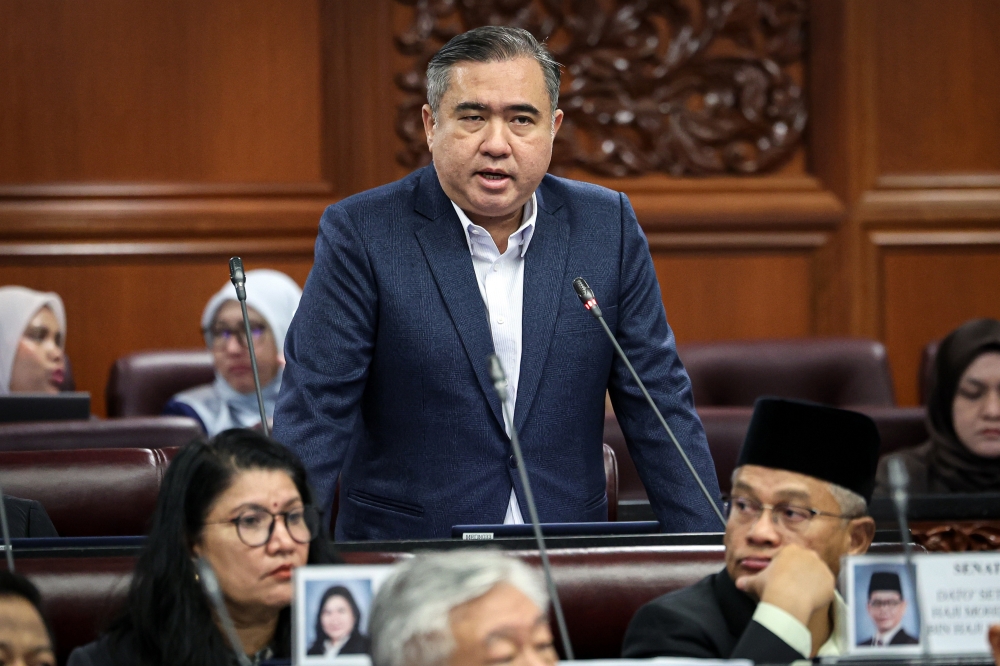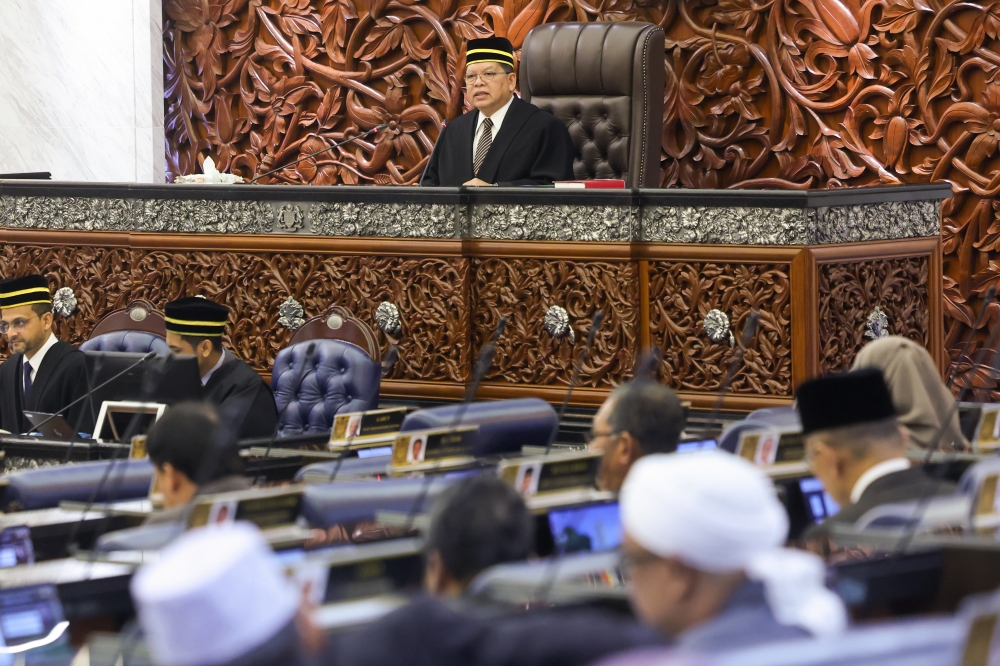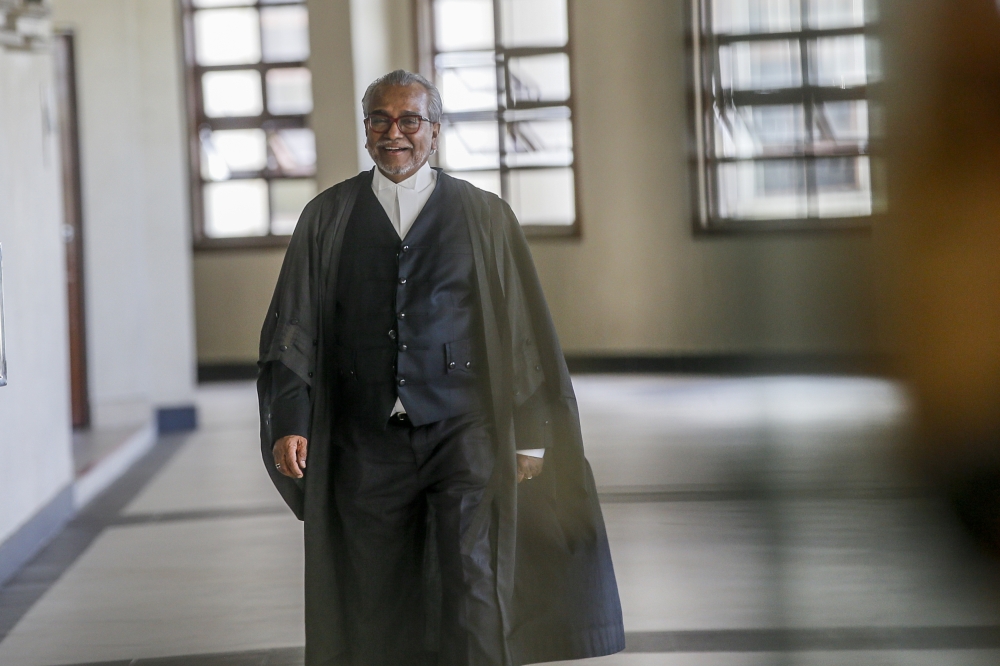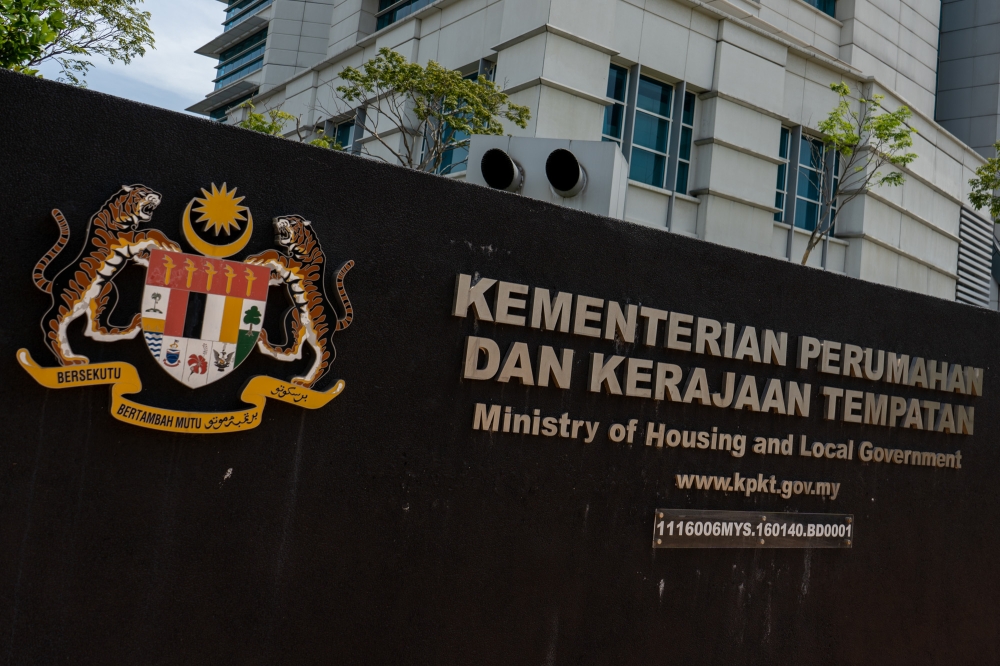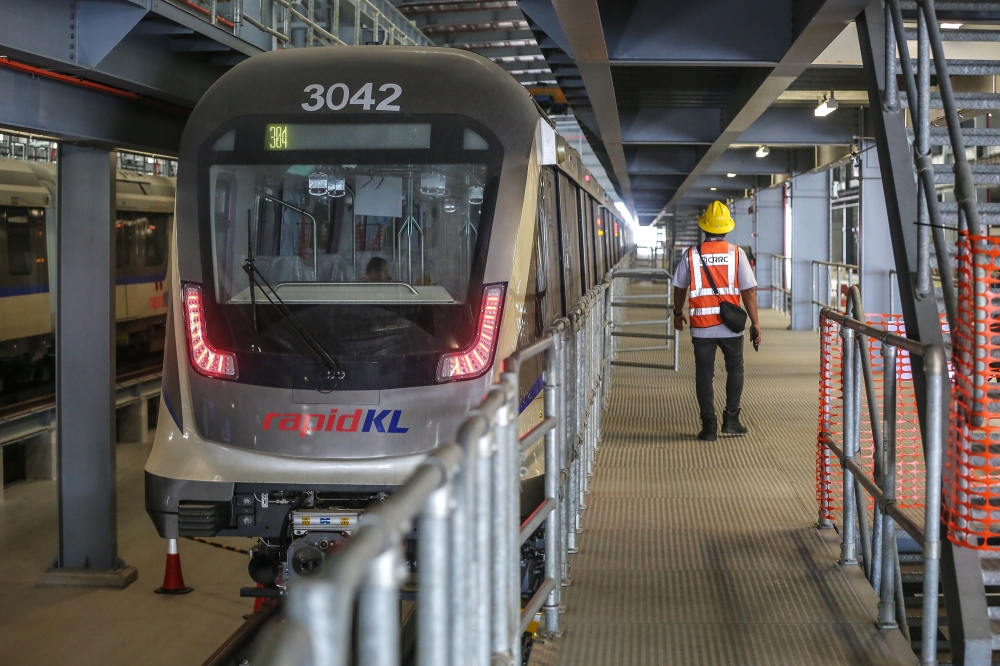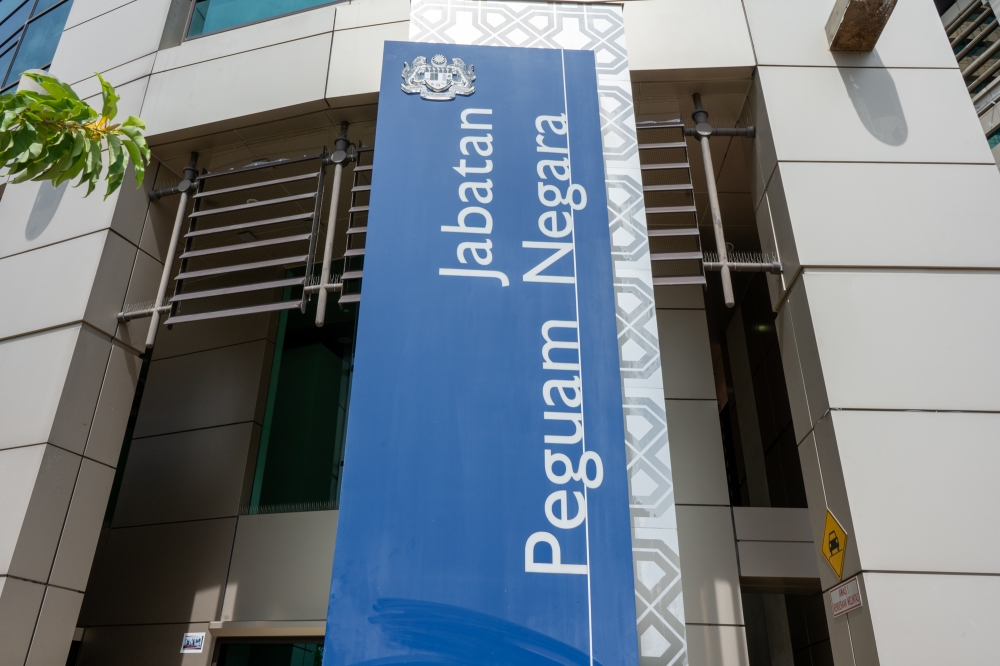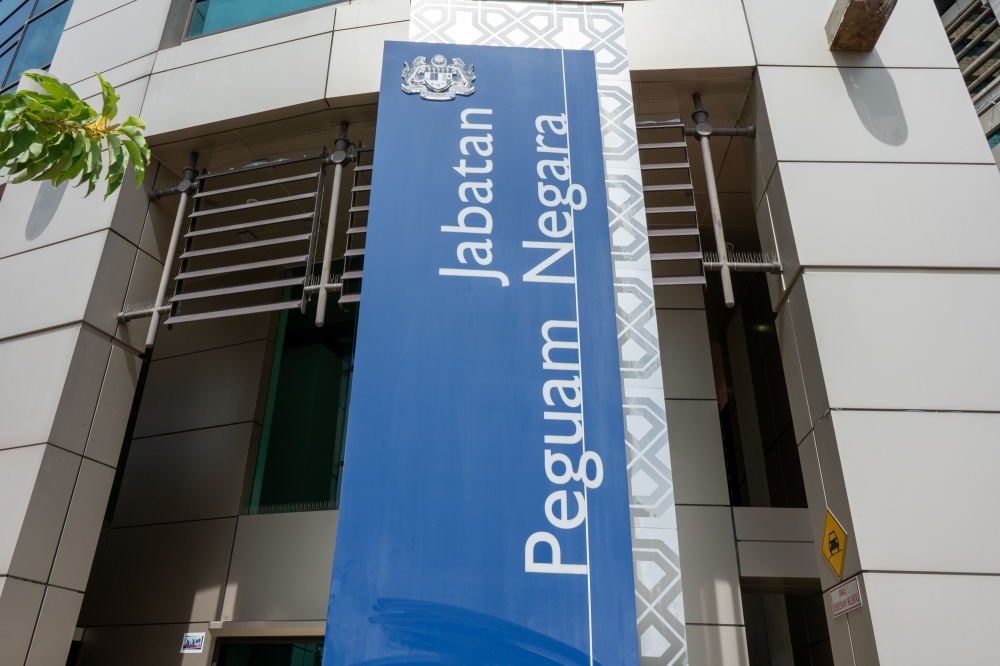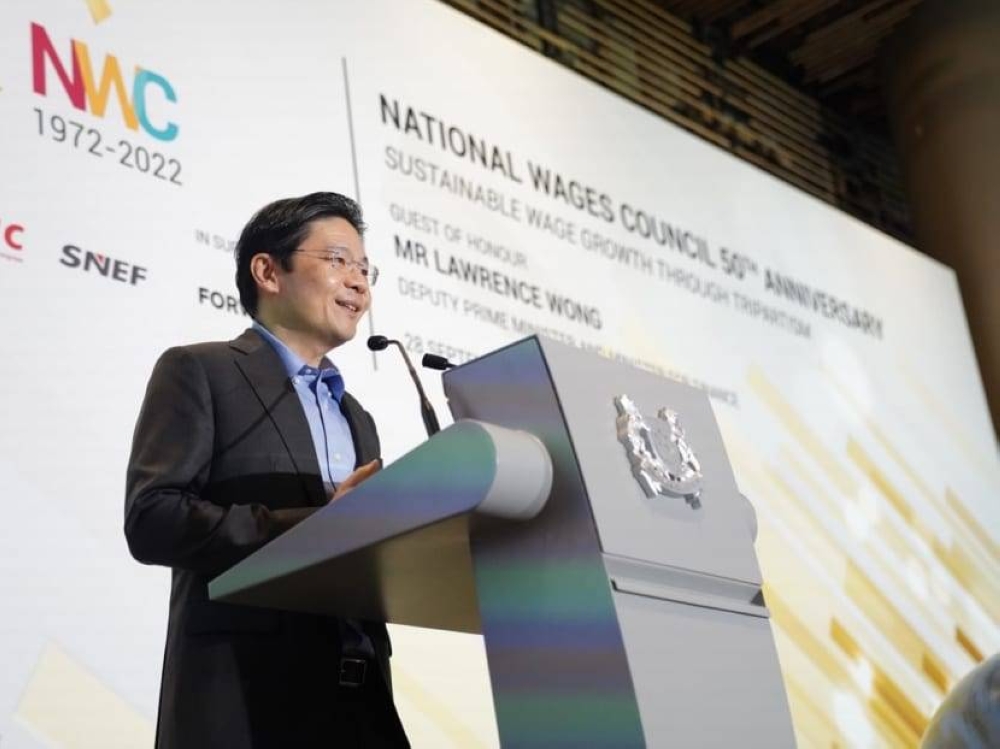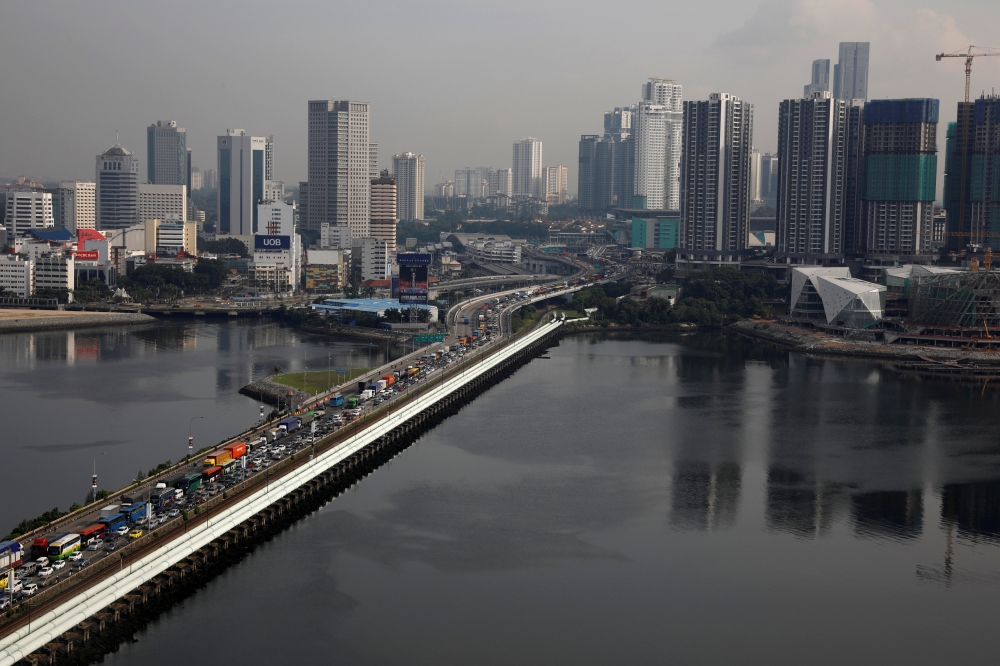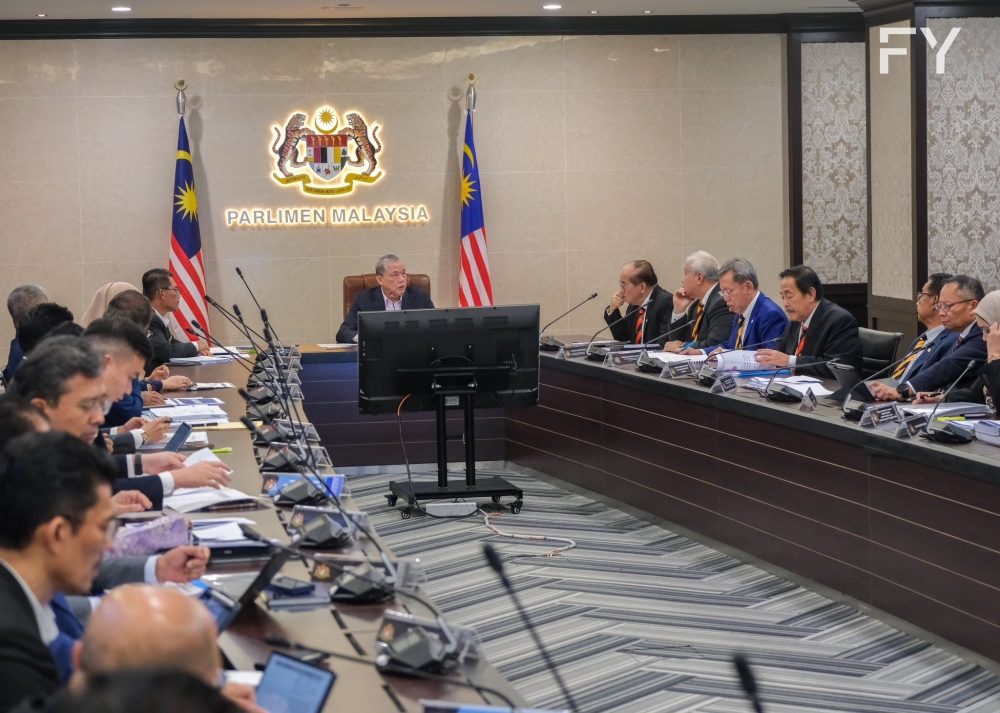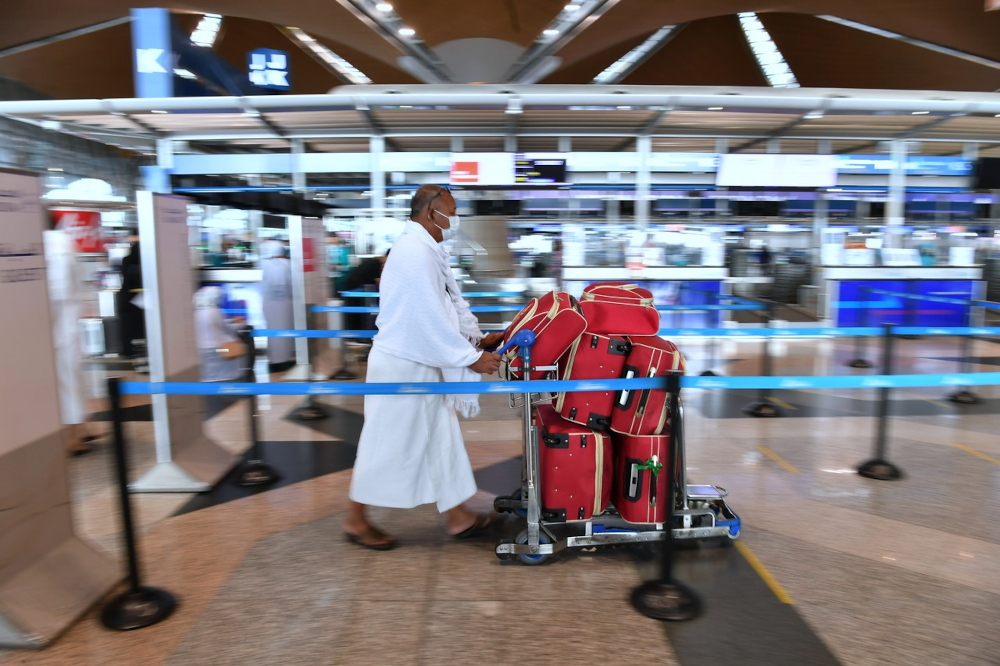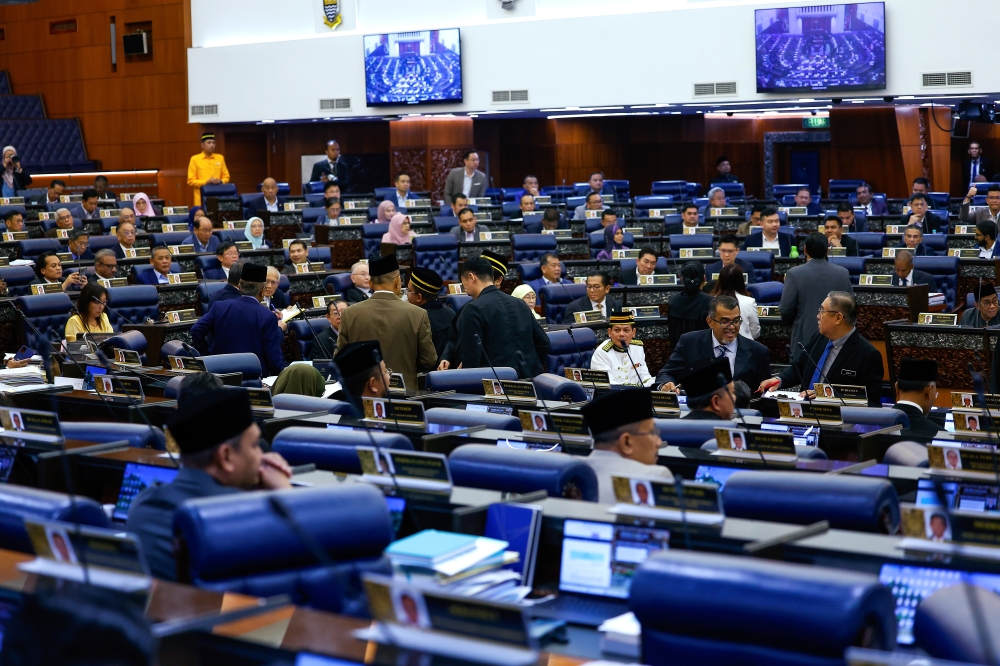SINGAPORE, Sept 29 — Amid a tight labour market and rising inflation, Singapore needs to manage the risks of a “destabilising wage-price spiral, where higher wages feed directly into higher prices”, Deputy Prime Minister Lawrence Wong said on Wednesday (Sept 28).
At the same time, keeping a lid on sharp wage increases means that salaries may not keep up with the higher costs of living in the short term, added Mr Wong, who gave the assurance that the Government will help people cushion the impact of inflation.
Mr Wong, who is also Finance Minister, said this in a speech to employers and unionists at the National Wages Council’s (NWC) 50th anniversary dinner at Parkroyal Collection Pickering Hotel.
Pointing out that Singapore faces rising inflationary pressures and a potential global economic slowdown ahead, he spoke about how the country can respond to these challenges.
“First, we must continue to ensure that wage increases are in line with productivity, and manage the risks of a destabilising wage-price spiral, where higher wages feed directly into higher prices,” Mr Wong said.
He noted that country is experiencing a “very tight labour market”, with employers having difficulties filling vacancies, and this results in wage increases.
But Mr Wong cautioned that too quick an increase in wages can cause Singapore to lose its global competitiveness, which will hurt both employers and employees.
And it will be the “most vulnerable workers” who will ultimately bear the brunt of the impact if companies cannot sustain themselves, he added.
“Second, while we keep wage increases sustainable, this could mean that wage increases may not keep up with the higher costs of living faced by many workers in the short term,” Mr Wong said.
“The Government will do our part to close this gap and help cushion the impact of higher prices, especially for the lower and lower-middle income workers.”
Focus on bottom 20th percentile
Mr Wong also called for a redoubling of efforts to encourage skills upgrading and productivity improvements, saying this is “the only way” to secure sustainable wage increases and improve the well-being of Singaporeans”.
“The Government will do our part by helping companies on this journey through a wide range of grants for automation, productivity improvements, job redesign and skills upgrading, a whole range of schemes that we have,” he said.
“I hope NWC will play a strong leadership role here, too, and encourage employers and employees to commit to more structured training and innovation at the workplace.”
Finally, Mr Wong stressed that efforts to lift lower-wage workers and reduce income inequality must continue.
“We must ensure that wage gaps across our society do not move too far apart,” he said.
“That is why we focus our efforts on uplifting the wages of those at the bottom 20th percentile.”
This is done by increasing the Workfare Income Supplement, expanding progressive wages to more sectors and raising the local qualifying salary, which companies must apply to all their resident workers when they hire foreigners.
Mr Wong pointed out that in the past five years, the ”real wages of the 20th percentile worker have already grown faster than that of the median worker”.
He noted that NWC had last year made a recommendation for the wages of lower-income workers to come close to that of the median worker. The council had also expanded its wage recommendations for lower-income workers to cover the bottom 20 per cent.
“These recommendations send a strong tripartite signal that we can all do more to pursue inclusive growth in Singapore,” he said.
Mr Wong stressed that Singapore must “never allow” wages to stagnate and income gaps to widen, as he called on everyone to “chip in for the collective good”.
To this end, workers must be “open to adopt new ways of doing things” and training themselves, he said.
Employers, especially in sectors where there is limited scope for productivity improvement for lower-wage workers, must “reward their workers adequately”.
“And as consumers and taxpayers, we must be prepared to share the costs too by paying a little more, to help those less advantaged earn more and be valued for their work,” Mr Wong said. — TODAY

